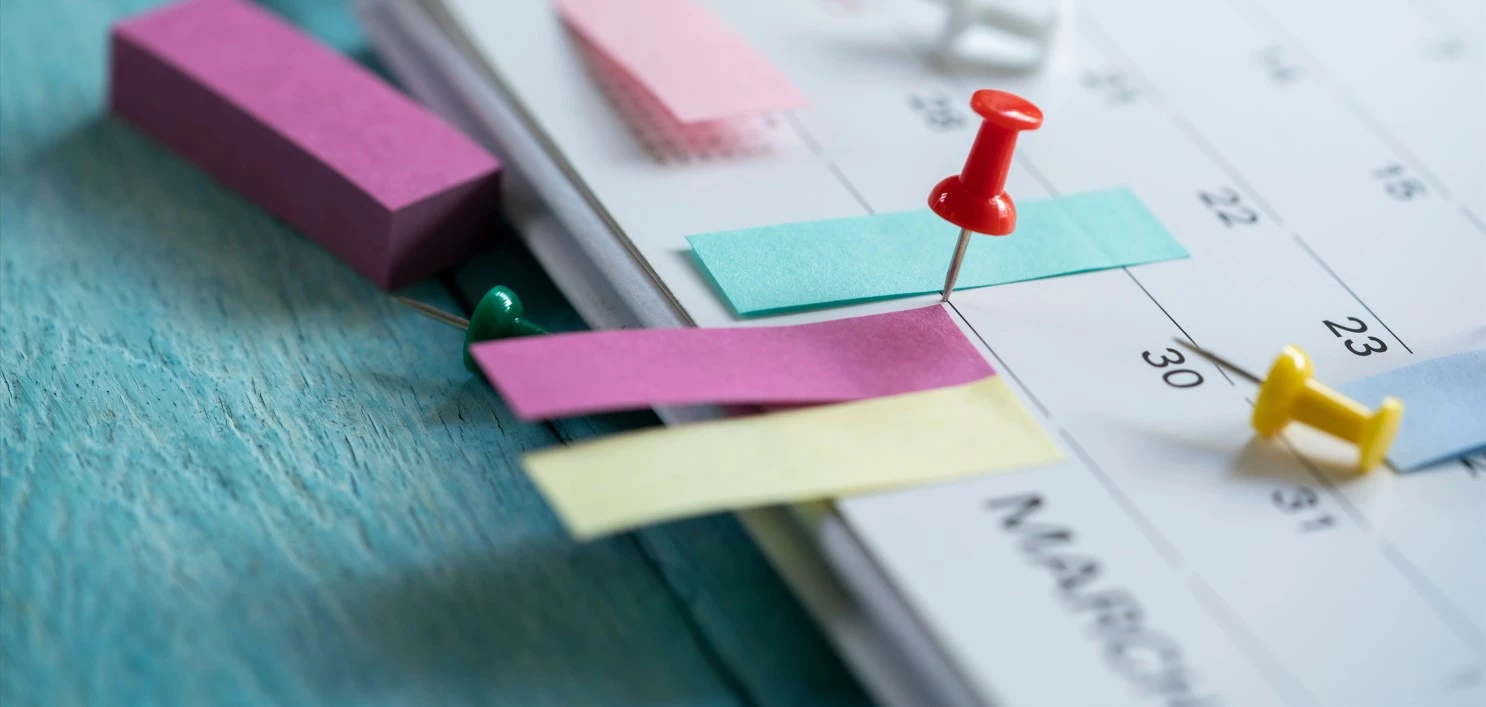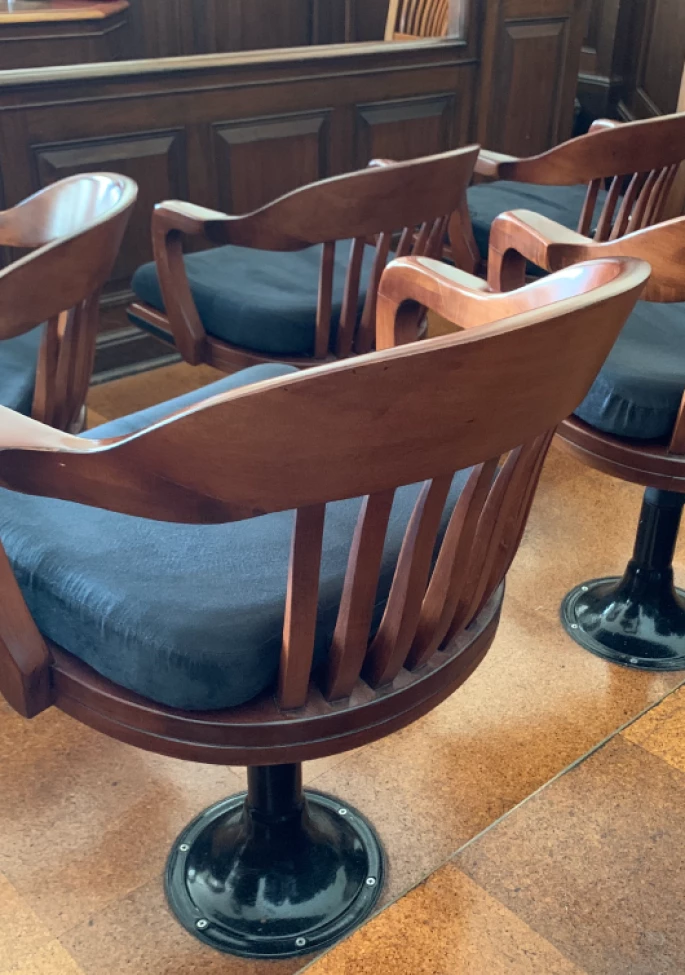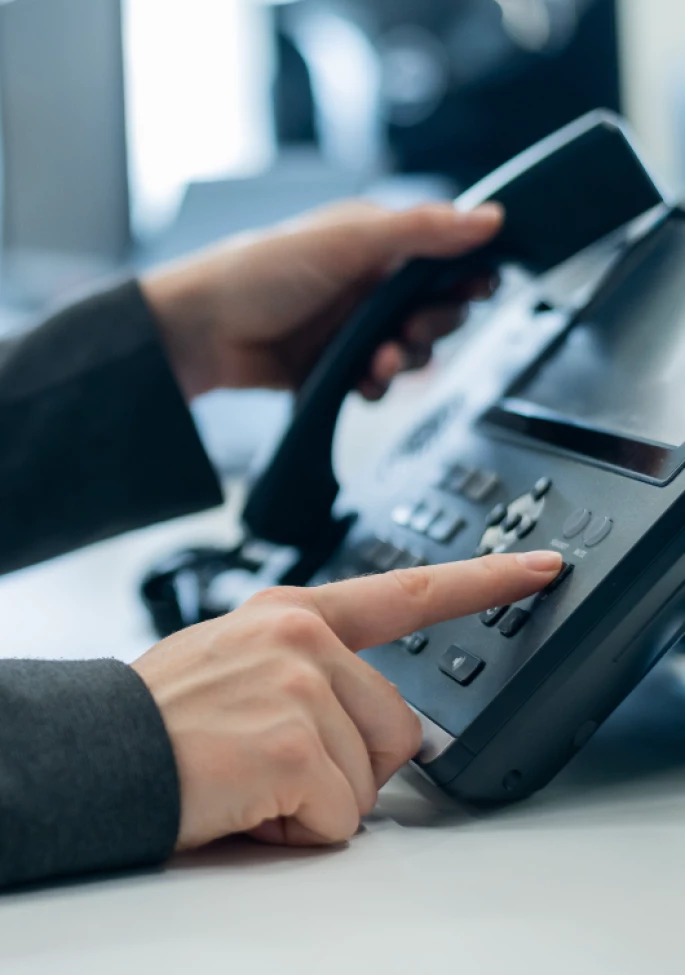Fridays loom large in every courtroom. For a trial lawyer, they are a chance to reassess the case’s progression, end a strong week of witnesses on a flourish, or implicitly press jurors for a quick verdict. And of course, the judge, jurors, and attorneys alike are all eyeing the door. Indeed, the American workplace is hyper-organized around the day of week—meetings on Monday to set the stage for the coming week, Wednesday brown bag lunches to get employees over the hump, etc. It comes as no surprise that jury service also can be oriented toward the weekend.
In some cases, the trial schedule seems to even set jurors up for this implied deadline: a juror reports for selection on Monday, hears a parade of witnesses Tuesday and Wednesday, and closing arguments on Thursday. Despite an instruction to take as long as they need to deliberate to a fair and impartial verdict, jurors might naturally feel as though they should render their decision before the weekend. Indeed, Cara Salvatore addresses this exact issue in a recent Law360 article[i].
Yet in lengthier trials, the weekend’s strategic role may be expanded even further. Jurors are left to mull on certain aspects of the case during their respite over the weekend, yet when they are due back in court the next Monday, additional cognitive fatigue may have set in. It is a delicate balance for trial teams to strike: how does one structure their case to bookend the weekend(s) without your Monday witnesses facing a firing squad or having jurors believe you are inconsiderately extending the length of their service?
This article discusses how to maximize the strategic value of the weekend and consider its impact on juror cognition and decision-making. All of these considerations are part of an integrated strategy approach to your case, and one that experienced trial lawyers and consultants alike ought to consider.
Strike a Chord
While many jurors will attempt to disconnect from the stress and cognitive load of trial over the weekend, the impression you leave them with on a Friday evening may resonate powerfully. In simple terms, they may not remember the specifics of the last witness of the week, but they will remember how they felt about the case. Research has shown that people are generally in a better mood on Fridays[ii], and mood has been shown to impact jurors’ accuracy in detecting testimonial inconsistencies and witness credibility[iii]. As a result, the last witness on a Friday may face less critical eyes from the jury box. A very likable yet biased or erratic witness could be better received right before the weekend, particularly if there is a window to bring a moment of levity into an otherwise dense or complex matter.
On the other hand, studies have shown that the opposite of the above is also true: people tend to be in a worse mood on Mondays, and jurors in bad moods more accurately report testimonial inconsistencies. That “case of the Mondays” may result in a witness facing more intense scrutiny from a juror. Indeed, the good position you put yourself in going into the weekend can be squandered through a rough cross examination to begin the week. In this way, the weekend is a double-edged sword when it comes to your witnesses: while Friday can be a haven for witnesses who are charismatic but factually weak, Monday can be perilous for even strong witnesses who face turbulent cross-examination.
While this consideration arises in the midst of trials that last weeks or months, the deliberation question is one that is considered even in trials that last only a few days. Attorneys and judges alike tend to get the case to the jury by Friday, with the expectation that a verdict will be reached by the weekend. But how might that affect the jurors’ decisions?
An Implicit Deadline
With the weekend looming, it is expected that deliberations may hasten along to a final conclusion. While most attorneys and judges have never been privy to the actual conversations had by jurors, they generally believe dogmatic jurors are quicker to abandon their positions, the group is more agreeable, and the “sapped mental bandwidths” of jurors may facilitate quicker agreement on Fridays; indeed, all of these are mentioned in Salvatore’s article. All else being equal, it is reasonable to expect a deliberation that began on Friday to end faster than one that began on a Tuesday.
This speed to verdict can break both ways, depending on the litigation type. One study from the University of Texas at Dallas[iv] found the following:
“The one stark difference between criminal and civil juries is that when a jury comes back with a conviction in a criminal trial, it is typically much quicker than for juries that acquit. On the civil side, finding the defendant liable takes longer than exonerating him or her.” (p. 576)
In other words, in criminal cases, faster deliberations favor the prosecution, while in civil cases, faster deliberations favor the defendants. While there may be other variables affecting this finding (e.g., the length of verdict forms, damages discussions, etc.), it is reasonable to expound upon Friday as an additional factor. Tying this effect to the consideration of the weekend—when attorneys expect deliberations to be hastened by an implied Friday deadline—yields a matrix of considerations for all sides of a dispute: on the criminal side, the Friday deliberation may hold some danger for the defense; for civil matters, it may tend to favor a finding of “no liability.”
Another factor that may be driving the late Friday verdict is that working people tend to experience less workplace incivility and interpersonal conflict on Fridays[v]. In simple terms, jurors are less likely to dig in and fight for their positions on a Friday afternoon than they may be during a mid-week deliberation. They avoid this kind of conflict in their own workplaces, so it follows that they would avoid it in a jury deliberation.
There are also a whole host of psychological theories to explain why Friday may hasten a verdict. Salvatore mentions Parkinson’s Law, which suggests that people will expand or contract their work in order to fill the amount of time available for it[vi]; in the above instance, the end of the day on Friday serves as an implied deadline which jurors attempt to fill their deliberations to meet. There is also a possibility of ego depletion: in especially complex matters, jurors may experience cognitive and regulatory exhaustion by the time deliberations come around. Jurors who are ego-depleted may have more difficulty resisting persuasion and generating counter-arguments, which would facilitate unanimity[vii].
Independent of the mechanisms that underlie jurors’ behavior bookending the weekend, it is important for attorneys to consider how they might use the above knowledge to their advantage.
Making Friday Your Friend and Monday Your Mate
With the above findings, the end of the court week holds opportunities for both sides:
- Identify your weakest witnesses and try to put them on early in the day, when jurors are in a good mood. They may be scrutinized less, and inconsistencies in their testimony may be less remembered.
- Identify your charismatic witnesses and save them for the afternoon. If you can end the day on a moment of levity during the direct, all the better. But even if you end on a strong redirect, that helps tie jurors’ good Friday mood to your case.
- If you are the prosecutor in a criminal trial or the defendant in a civil trial, Friday morning closings are ideal. Trends show the hastened deliberation time may favor your side.
Depending on your case and fact pattern, there might be even further scheduling considerations that will enhance your arguments through the strategic use of Friday. You might include important demonstratives, witness motifs that carry throughout the day, and more theatrical flourishes on this final day of the week when jurors’ moods are at their highest level.
It is also vital to remember that weekends are two-sided in lengthier trials: Mondays may hold some peril, but they equally can be utilized by attorneys from both sides:
- If you are calling an adverse witness, Monday is the ideal day to call them. Jurors are scrutinizing the witnesses most carefully, and if they are in a sour mood (as they will tend to be on Monday), they will better remember inconsistencies in the testimony.
- For your strongest witnesses, Monday is the day for them to shine. The above rule also likely applies to your opposing counsel: if your witness successfully parries their difficult cross examination, jurors will remember the other side’s failure to put a dent in their story.
- If you are the defendant in a criminal trial or the plaintiff in a civil, Monday afternoon might be your best shot for closing. You do not want jurors thinking you kept them over the weekend for no reason, but you are better off with them deliberating mid-week.
Generally speaking, jurors are thoughtful and cognizant of everything that is going on in the courtroom. They note everything from how the attorneys interact with their clients to how the judge looks at the presenting witness. Suffice to say they are watching the clock too, and it is incumbent upon attorneys to be conscientious of the weekend.
While much of the trial is dictated by the judge or practical considerations, there are opportunities to use the weekends to your advantage—and hazards associated with ignoring its impact.
A version of this article originally appeared on Law360.com.
References
[i] Cara Salvatore, TGIF: Why juries love to start the weekend with a verdict. Law360.com. May 12, 2022.
[ii] Arthur A. Stone, Stefan Schneider, and James K. Harter. Day-of-week mood patterns in the United States: On the existence of ‘Blue Monday’, ‘Thank God it's Friday’ and weekend effects. The Journal of Positive Psychology 7, no. 4 (2012): 306-314.
[iii] Carolyn Semmler and Neil Brewer. Effects of mood and emotion on juror processing and judgments. Behavioral Sciences & the Law 20, no. 4 (2002): 423-436.
[iv] Thomas L. Brunell, Chetan Dave, and Nicholas C. Morgan. Factors affecting the length of time a jury deliberates: Case characteristics and jury composition. Review of Law & Economics 5, no. 1 (2009): 555-578.
[v] Tahnee Nicholson and Barbara Griffin. Thank goodness it’s Friday: weekly pattern of workplace incivility. Anxiety, Stress, & Coping 30, no. 1 (2017): 1-14.
[vi]Lawrence H. Peters, Edward J. O'Connor, Abdullah Pooyan, and James C. Quick. The relationship between time pressure and performance: A field test of Parkinson's Law. Journal of Occupational Behaviour 5, no. 4 (1984): 293-299.
[vii] Christian S. Wheeler, Pablo Briñol, and Anthony D. Hermann. Resistance to persuasion as self-regulation: Ego-depletion and its effects on attitude change processes. Journal of Experimental Social Psychology 43, no. 1 (2007): 150-156.






